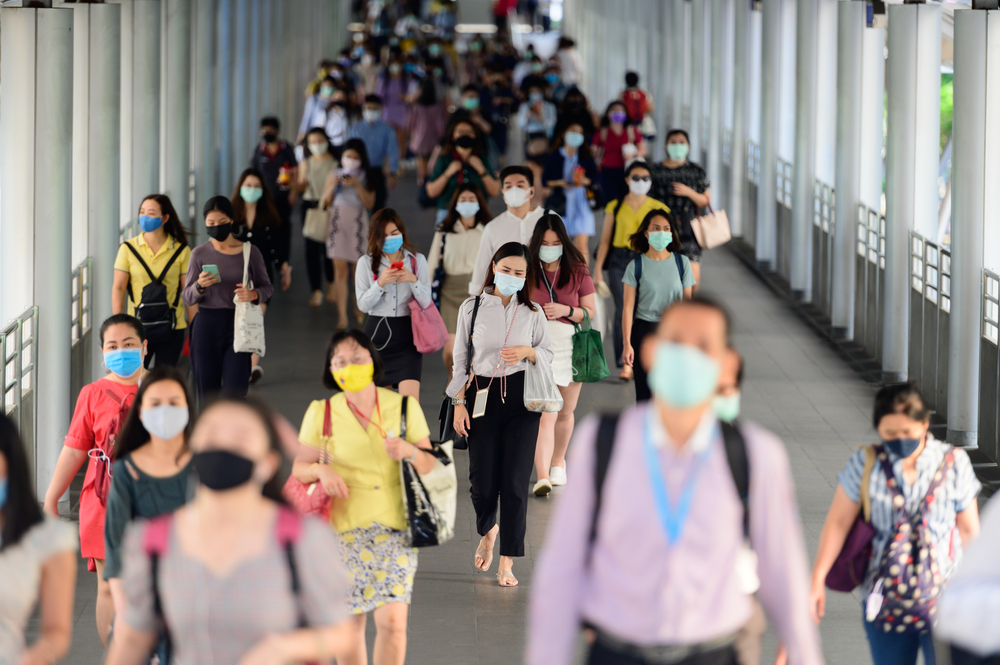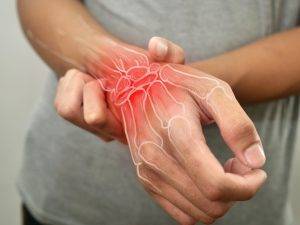Medical Channel Asia presents the weekly Asian medical news bulletin, bringing you essential healthcare news from across the region.
This week, we cover mental health in the Philippines, rising COVID-19 cases and more.
Philippines
A recent study by Harvard University’s humanitarian research centre reveals that high treatment costs and stigma prevent Filipinos from seeking mental health care. The study found that teletherapy has improved accessibility during the COVID-19 pandemic, but mental health concerns have increased, with anxiety and depressive disorders being the most common. To address this, respondents suggest increased training for mental health providers, hiring more staff, improving internet connectivity, and expanding government funding.
Meanwhile, a separate article calls for better resources for mental health care in schools. School-based interventions, including indicated and universal approaches, are essential in promoting mental health among students in the Philippines. School nurses actively play a critical role in these interventions. However, public funding must be provided to ensure all students have access to necessary mental health services.
Singapore
Singapore’s Health Sciences Authority (HSA) has cautioned against using two products, ‘D’sihat Herba Gout & Sendi’ for pain relief and ‘Yanwo Chongcao Yanyin Qinfei Huatan Dan’ for cough relief, as they contain steroids and other potent substances that can cause serious side effects. A woman who took ‘D’sihat Herba Gout & Sendi’ developed Cushing’s syndrome and adrenal insufficiency, while another woman who consumed ‘Yanwo Chongcao Yanyin Qinfei Huatan Dan’ had abnormal blood cortisol levels.
Both products, obtained from Malaysia, were sold on local e-commerce and social media platforms, but have since been removed. HSA has alerted its Malaysian counterpart and is investigating the matter. Sellers and suppliers caught selling these products may face fines or imprisonment.
Thailand
In anticipation of a new wave of Covid infections following Songkran celebrations in Asia, the Public Health Ministry has outlined protective measures and guidelines for the public and health personnel. Since many individuals participated in crowded festivities without proper precautions, they should monitor themselves. Also, they should stay away from vulnerable relatives. Finally, they should take rapid antigen tests if unwell. Additionally, the public is encouraged to get Covid-19 booster shots, wear face masks, and seek medical attention for respiratory issues. Health personnel are tasked with promoting awareness of annual vaccinations, preparing hospitals for case surges, monitoring cases and deaths, and investigating sources of infection. Meanwhile, the World Health Organisation is monitoring a new Covid-19 subvariant, Arcturus, which has been documented in 29 countries.
Malaysia
In response to the prolonged hot weather and unhealthy Air Pollutant Index (API) readings in Asia, Health Minister Dr Zaliha Mustafa advises the public to wear face masks and limit time spent outdoors. She recommends using an umbrella and hat for protection, limiting strenuous activities, staying hydrated, and taking frequent baths to stay cool. She urges individuals to seek immediate treatment if feeling unwell. The haze situation will likely worsen this year as plantation and industrial activities resume. Consequently, air quality will decline to unhealthy levels in parts of Peninsular Malaysia.
Indonesia
The Indonesian government has once again postponed implementing an excise tax on sweetened beverages, raising concerns over its dedication to enhancing public health post-COVID-19. Plans to include taxes on sweetened beverages and plastic products in the 2023 budget are underway. However, the completion of legal requirements for imposing the excise is still in progress. Critics argue that the delay questions the government’s commitment to combating noncommunicable diseases (NCDs) and promoting healthier lifestyles. In contrast, the Indonesian Food and Beverage Producers Association remains sceptical about the tax’s impact on public health. They suggest that education on healthy diets is more effective. Meanwhile, neighbouring countries like Thailand, Malaysia, the Philippines, and Brunei Darussalam have successfully implemented similar taxes, reducing the consumption of sugary beverages.
Vietnam
The Hanoi local government has reinstated face mask mandates as COVID-19 infections rise. The new advice requires people to wear masks on public transport, at supermarkets, shopping malls and outdoor wholesale markets. Additionally, indoor public areas such as bars, discos, karaoke and massage parlours, beauty salons, gyms, restaurants, cinemas, theatres, circuses, and gymnasiums require this. Cultural facility staff, tourist attraction workers, and those at other crowded public venues must also wear masks. Local health authorities must remain vigilant, monitor the outbreak, and accelerate vaccinations. They are also strengthening pandemic safety practices at workplaces, schools, and healthcare facilities.














